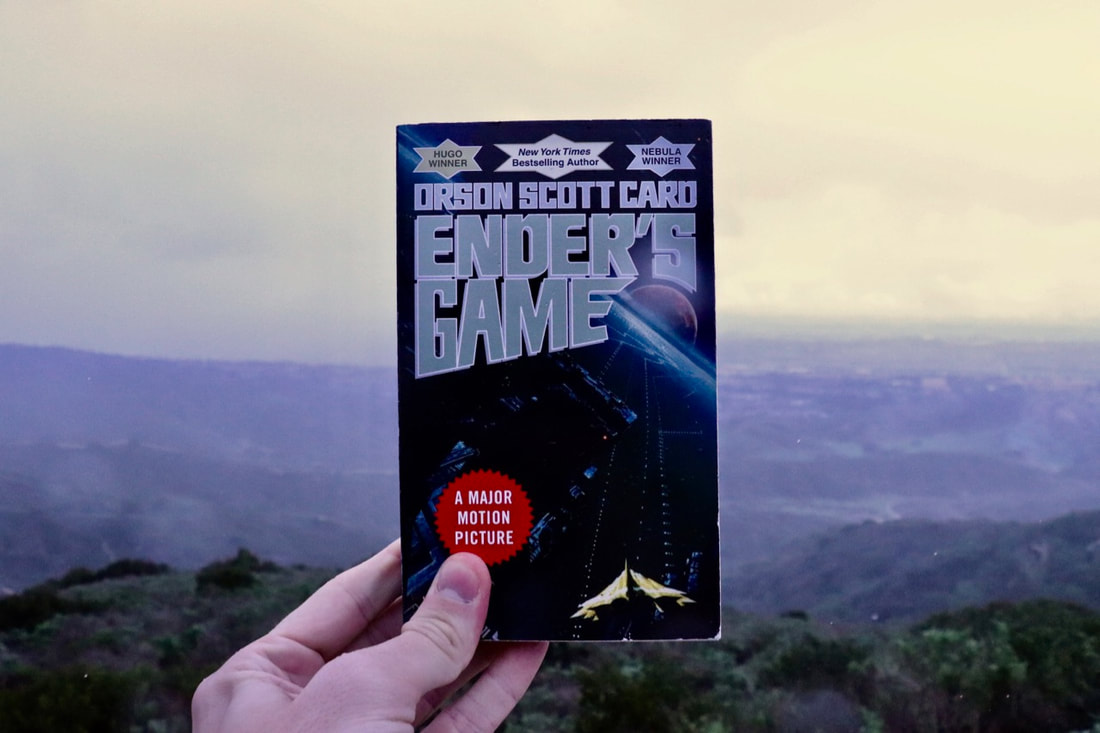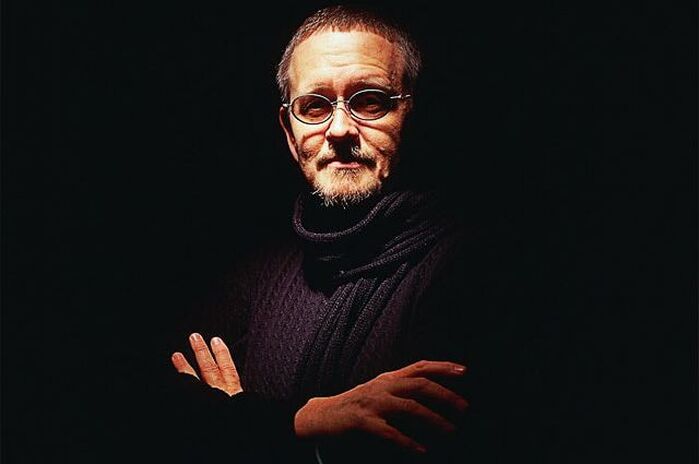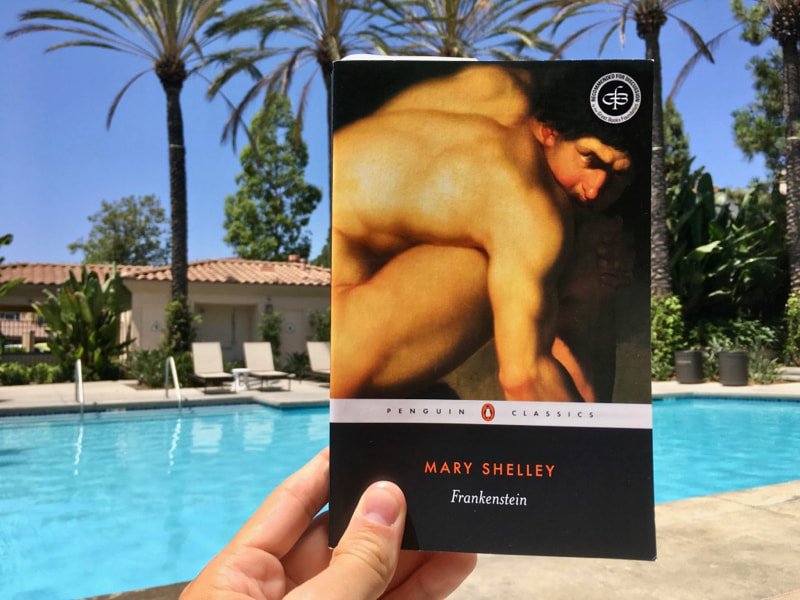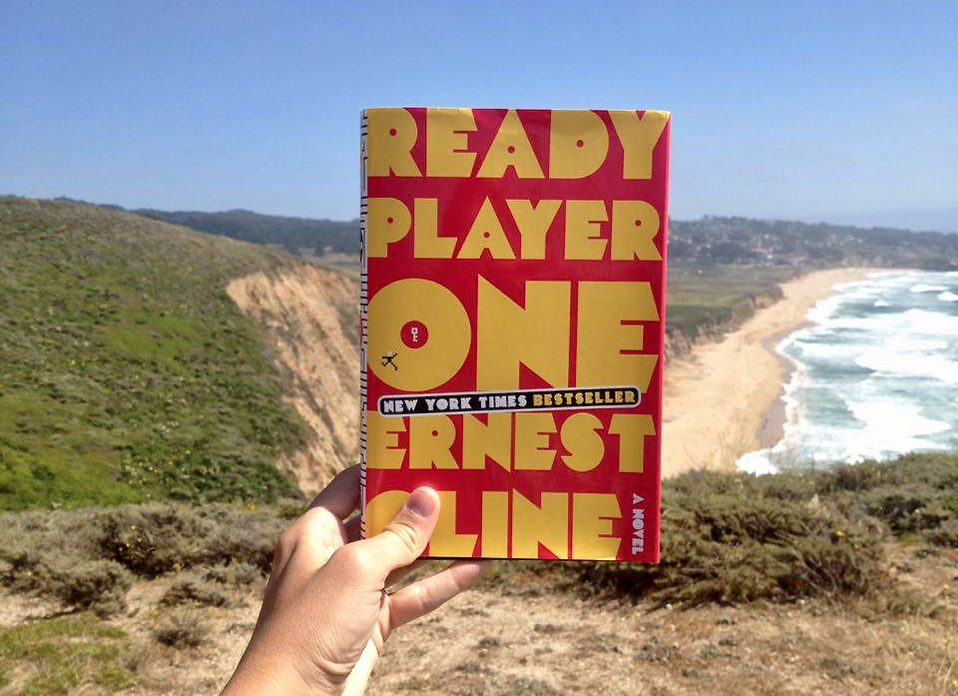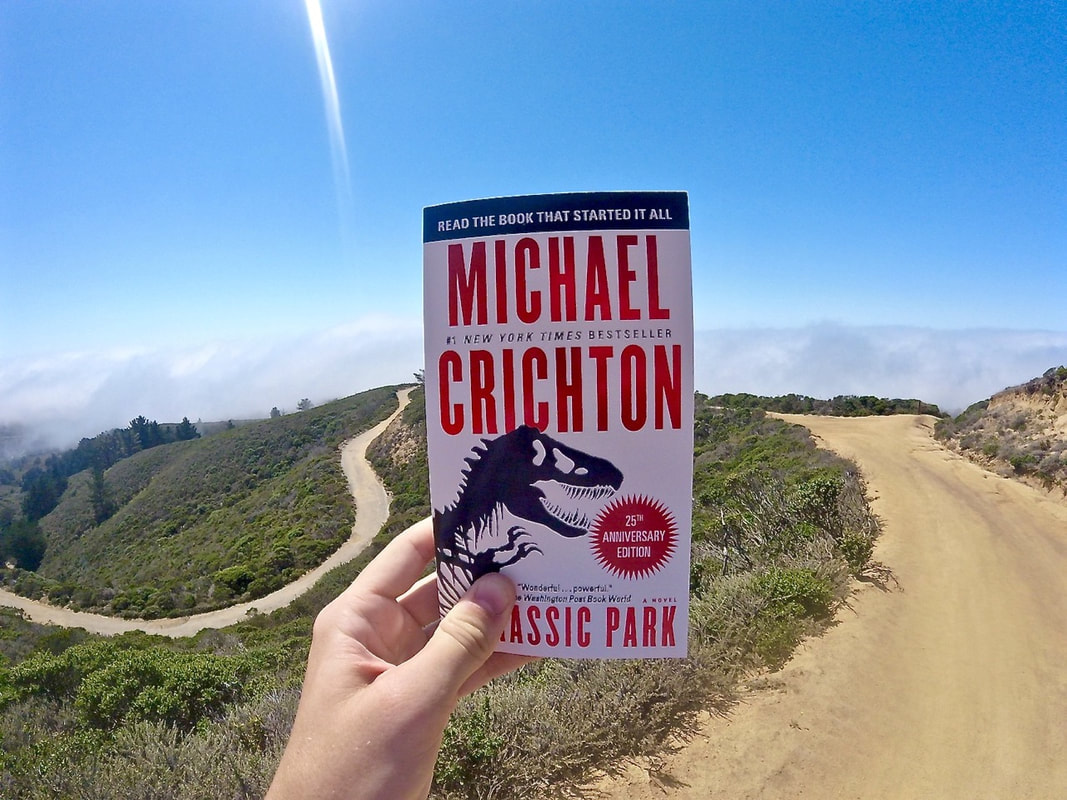"What have I learned so far? Ender listed things in his mind...use my legs as a shield in battle. A small reserve, held back until the end of the game, can be decisive. And soldiers can sometimes make decisions that are smarter than the orders they've been given."
— Orson Scott Card, Ender's Game
I finally took the plunge into Ender's Game. The classic sci-fi novel has been recommended to me since the 7th grade by friends who loved—and hated—to read. The premise is that aliens have attacked Earth twice now and nearly destroyed the entire human race. The remaining world governments, in a last ditch effort, have begun breeding military geniuses and inculcating them into a Spartan-esque training on the art of war in a space station. The main game is low-gravity laser tag involving battle suits, geometric obstacles, and a capture-the-flag type objective. Ender Wiggin is the best. Game after game he out-smarts and out-maneuvers new and veteran players alike. He even overcomes the massive handicaps placed on him by commanders—no sleep between matches, 5-minute slow-starts, reduced team sizes, etc. The ultra-competitive training is depicted though as brutal brainwashing that destroys the children bit by bit as they race in the space station to intercept the third wave of aliens en-route to kill Earth.
Equally interesting is the side-story back home. Ender's two siblings, Peter and Valentine, are also both geniuses, but not quite up to Ender's level of ability. Thus, they didn't make the cut. Peter resents this and channels his skills to manipulating, bullying, and eventually even world politics. Valentine is empathetic and caring—the foil to Peter—and a constant check against her older brother, working to keep Peter's ambitions from actualizing his motive for political power. This manifests in their dueling media columns on Earth, which they write under the pseudonyms Demosthenes (Peter) and Locke (Valentine). Their essays on the alien invasion duel for the soul of the planet. I really enjoyed this aspect of the story and imagine it's sowing the seeds for the rest of the Ender's five-book series. Although written in 1977, just two years after the official end of the Vietnam War, this exploration of media manipulation and the intellectual fronts back home struck me as relevant to today's state of modern journalism and representations of 'the other' in times of war.
Lastly, I really appreciated the fast pace and bare-minimum approach to world-building in Ender's Game. [JG]
Equally interesting is the side-story back home. Ender's two siblings, Peter and Valentine, are also both geniuses, but not quite up to Ender's level of ability. Thus, they didn't make the cut. Peter resents this and channels his skills to manipulating, bullying, and eventually even world politics. Valentine is empathetic and caring—the foil to Peter—and a constant check against her older brother, working to keep Peter's ambitions from actualizing his motive for political power. This manifests in their dueling media columns on Earth, which they write under the pseudonyms Demosthenes (Peter) and Locke (Valentine). Their essays on the alien invasion duel for the soul of the planet. I really enjoyed this aspect of the story and imagine it's sowing the seeds for the rest of the Ender's five-book series. Although written in 1977, just two years after the official end of the Vietnam War, this exploration of media manipulation and the intellectual fronts back home struck me as relevant to today's state of modern journalism and representations of 'the other' in times of war.
Lastly, I really appreciated the fast pace and bare-minimum approach to world-building in Ender's Game. [JG]
WHO IS ORSON SCOTT CARD?
Orson Scott Card is the author of the novels Ender's Game, Ender's Shadow, and Speaker for the Dead. Besides these and other science fiction, he also writes contemporary fantasy, biblical novels, the American frontier fantasy series The Tales of Alvin Maker, poetry and plays. Card was born in Washington and grew up in California, Arizona, and Utah. He served a mission for the LDS Church in Brazil in the early 1970s. Besides his writing, he teaches occasional classes and workshops and directs plays. He frequently teaches writing and literature courses at Southern Virginia University. Card lives in Greensboro, North Carolina.
YOU MAY ALSO LIKE

